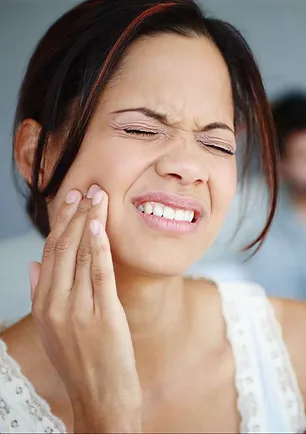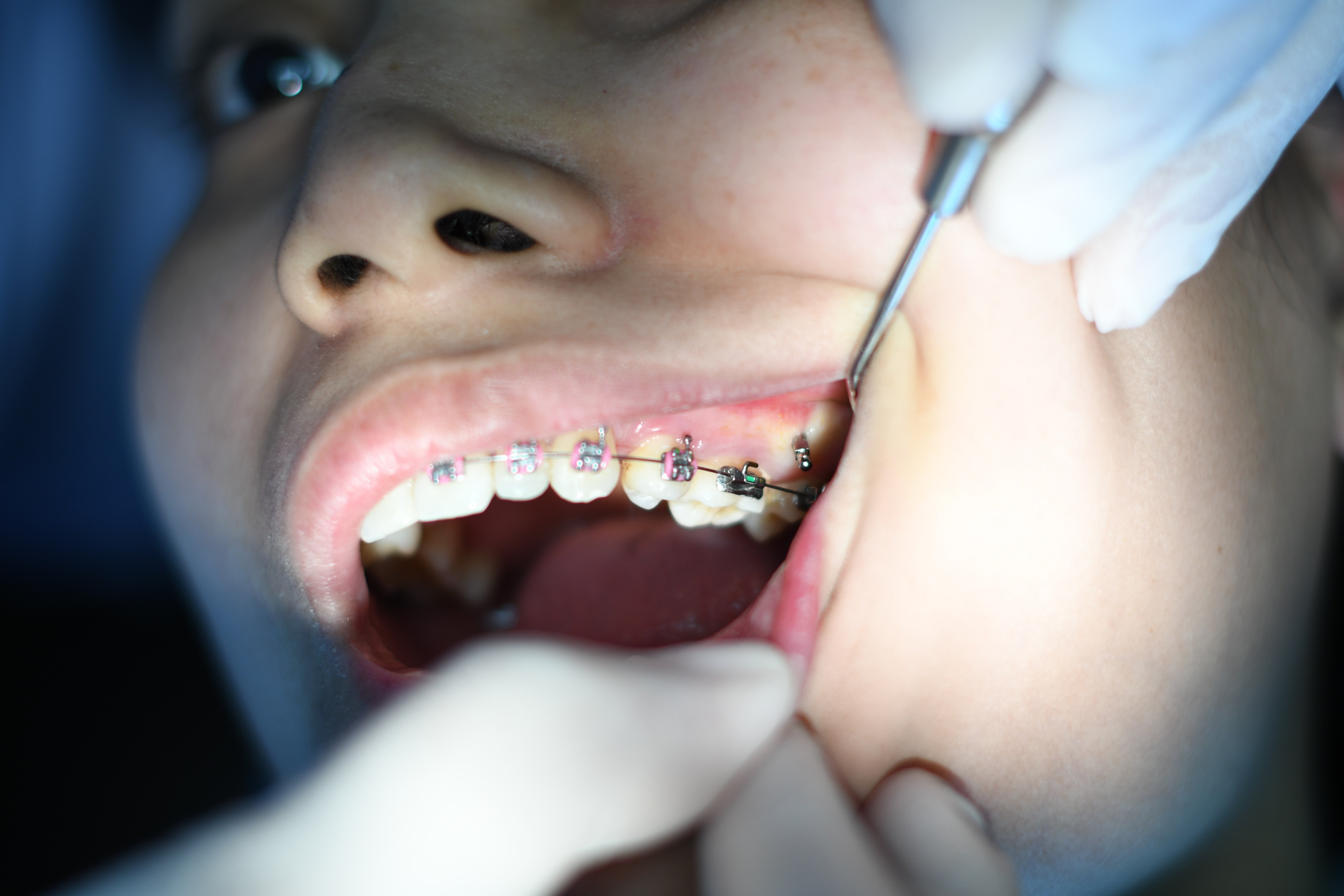Discover the surprising benefits of using Botox to alleviate the discomfort of teeth grinding.
Understanding the Causes and Symptoms of Teeth Grinding
Teeth grinding, also known as bruxism, is a common condition characterized by the grinding or clenching of teeth. It often occurs during sleep or times of stress. While occasional teeth grinding may not cause significant harm, chronic bruxism can lead to various dental problems and discomfort.
The exact causes of teeth grinding are still not fully understood. However, several factors may contribute to this condition. Stress and anxiety are believed to be major factors, as they can lead to muscle tension in the jaw and face. Certain medications, such as antidepressants and antipsychotics, may also increase the risk of bruxism. Additionally, misaligned teeth, an abnormal bite, or sleep disorders like sleep apnea can contribute to teeth grinding.
Recognizing the symptoms of teeth grinding is crucial for early detection and treatment. Some common signs of bruxism include worn-down teeth, jaw pain or soreness, headaches, earache, facial pain, and disrupted sleep. If you experience any of these symptoms, it is important to consult a dental professional for a proper diagnosis and treatment plan.
The Role of Botox in Treating Teeth Grinding
Botox, commonly known for its cosmetic applications, has also been found to be an effective treatment for teeth grinding. It works by temporarily paralyzing the muscles responsible for grinding and clenching, providing relief from the associated discomfort.
When injected into the jaw muscles, Botox blocks the release of acetylcholine, a neurotransmitter that stimulates muscle contractions. By inhibiting the muscle activity, Botox helps relax the jaw muscles and prevents excessive grinding and clenching. As a result, patients experience reduced pain, improved sleep quality, and protection against dental damage.
It is important to note that Botox is not a permanent solution for teeth grinding. The effects typically last for three to four months, after which the treatment may need to be repeated. However, with regular treatment, Botox can effectively manage the symptoms and improve the quality of life for individuals suffering from bruxism.
How Botox Works to Relax Muscles and Reduce Grinding
Botox works by blocking the signals between nerves and muscles, preventing the release of acetylcholine. This inhibits muscle contractions and helps relax the jaw muscles involved in grinding and clenching.
During the treatment, a dental professional will carefully inject small amounts of Botox into specific muscles in the jaw. The procedure is relatively quick and minimally invasive, causing minimal discomfort. The effects of Botox gradually become noticeable within a few days, and full results are usually achieved within two weeks.
It is important to seek treatment from a qualified and experienced professional who has expertise in administering Botox for teeth grinding. They will determine the appropriate dosage and injection sites based on your specific condition and needs.
The Potential Side Effects and Risks of Botox for Teeth Grinding
While Botox is generally considered safe for treating teeth grinding, there are some potential side effects and risks to be aware of. Common side effects may include temporary pain or swelling at the injection site, bruising, and headache. These are usually mild and resolve on their own within a few days.
In rare cases, more serious side effects may occur, such as difficulty swallowing or breathing, muscle weakness, or allergic reactions. It is important to discuss your medical history and any existing health conditions with your dental professional before undergoing Botox treatment.
Additionally, Botox should not be used during pregnancy or while breastfeeding, as its effects on fetal development and nursing infants are still unknown. It is always best to consult with a healthcare professional to determine the suitability of Botox treatment for your specific situation.
Success Stories: Real People's Experiences with Botox for Teeth Grinding
Many individuals who have undergone Botox treatment for teeth grinding have reported significant improvements in their symptoms and overall quality of life. They have experienced reduced jaw pain, fewer headaches, and improved sleep patterns.
One success story is from Sarah, a 35-year-old who had been suffering from severe teeth grinding for years. She had tried various treatments without much success until she decided to give Botox a try. After a few weeks of treatment, Sarah noticed a significant decrease in her grinding episodes and jaw pain. She was finally able to get a good night's sleep and wake up feeling refreshed.
Another success story comes from Mark, a 42-year-old who had been grinding his teeth due to stress and anxiety. He had tried wearing a nightguard, but it did not provide adequate relief. After receiving Botox injections, Mark experienced a significant reduction in his teeth grinding and felt more relaxed overall.
These success stories highlight the potential benefits of Botox for teeth grinding and provide hope for individuals seeking relief from this condition. However, it is important to remember that results may vary from person to person, and individual experiences may differ.
Pricing
Botox treatment for Bruxism (grinding) starts at €450 per session, is subject to consultation and your individual clinical needs.


